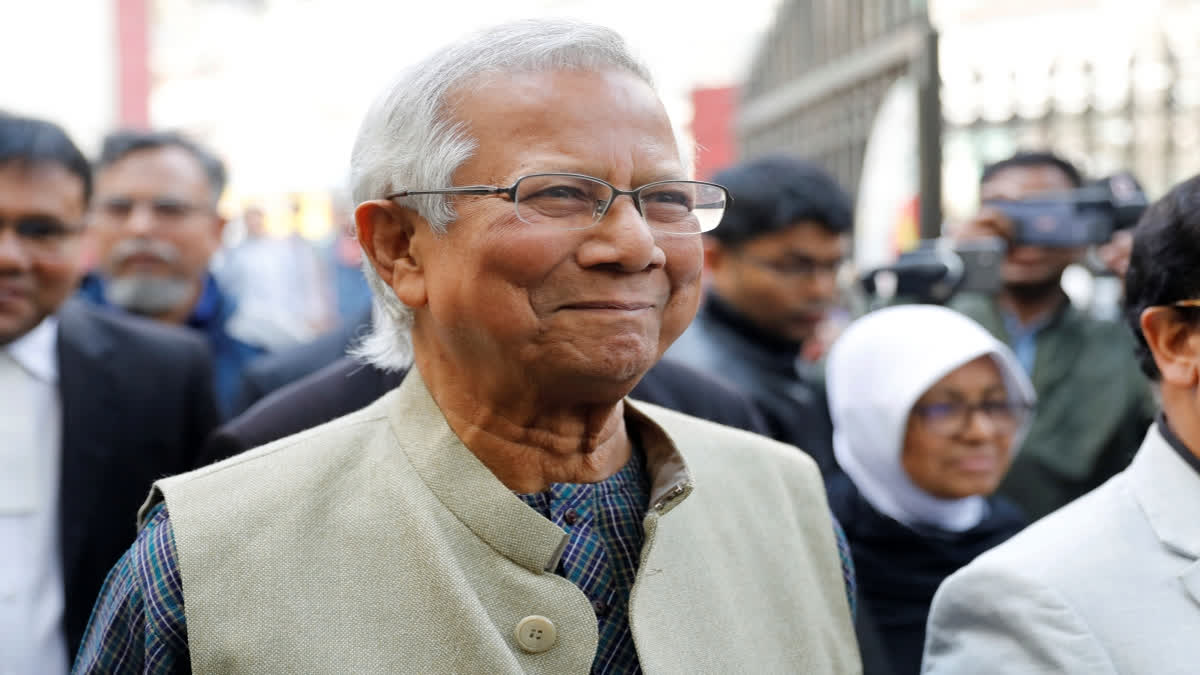Dhaka (Bangladesh): Bangladesh is in the midst of a major transition after former Prime Minister Sheikh Hasina was forced to flee the country after weeks of deadly protests initially over government jobs morphed into a broader challenge to her 15-year rule, which was marked by a rising economy but an increasingly authoritarian streak.
The downfall of Hasina's government — she resigned Monday before fleeing to India — has plunged the country into a political crisis with a battle for power now underway between leaders of the opposition parties and the powerful military. Bangladesh's army has temporarily taken control of the country, but it remains unclear what its role would be in an interim government after the country's president dissolved Parliament on Tuesday.
Amid this uncertainty, one name has emerged that could take the reins in Bangladesh until fresh elections are announced: Muhammad Yunus, a Nobel laureate who is also known as the "banker to the poorest of the poor" and was once called a “bloodsucker" by Hasina. Student leaders who organized the protests want Yunus, who is currently in Paris for the Olympics, to head an interim government. He could not immediately be reached for comment, but one student leader said Yunus has agreed to step in.
Yunus, 83, is a well-known critic and opponent of Hasina. He called her resignation the country’s “second liberation day.” An economist and banker by profession, Yunus was awarded the Nobel Peace Prize in 2006 for pioneering the use of microcredit to help impoverished people, particularly women. The Nobel Peace Prize committee credited Yunus and his Grameen Bank “for their efforts to create economic and social development from below.”
Yunus founded Grameen Bank in 1983 to provide small loans to entrepreneurs who would not normally qualify to receive them. The bank’s success in lifting people out of poverty led to similar microfinancing efforts in other countries.
Yunus ran into trouble with Hasina in 2008 when her administration launched a series of investigations into him. Yunus had earlier announced he would form a political party in 2007 when the country was run by a military-backed government, although he did not follow through on the plan.
